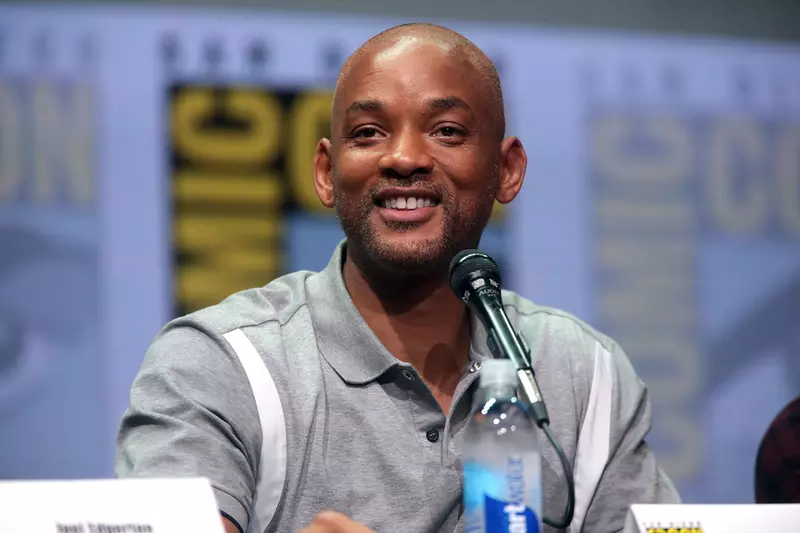- AdventHealth

Now in his 50s, actor Will Smith recently went public with his colonoscopy experience. Taking charge of his health and encouraging fans to do the same, Smith posted a video documenting his colonoscopy procedure on his YouTube channel.
Smith was quoted as saying: "There's a certain amount of commitment and embarrassment involved with being healthy. You just gotta do it, man."
What Smith didn’t expect, however, was that his doctor would find a precancerous polyp, which posed a serious health threat if not removed.
Will was told by his doctor he could have faced a potentially devastating cancer diagnosis if the polyp was not removed, which was found to be a more advanced type.
Smith’s doctor explained that it likely would not have shown any symptoms until a later stage, when it could have spread throughout the body and be more challenging to treat.
As a part of his plea to fans, Smith said “… it's important to me to share this with people so other people can become compliant patients to stay healthy and happy to have all the glorious years we could possibly have."
And we echo this call-to-action as well, because staying up to date with your recommended colonoscopy screenings is an essential part of maintaining your overall health and wellness, especially if you’re approaching age 50 or older, or have a high risk for colorectal cancer.
What to Expect Before, During and After Your Colonoscopy
There are a lot of reasons why people avoid a colonoscopy: embarrassment, fear, stigma, lack of information and more. But the best way to overcome most of these barriers is to be informed and know what to expect.
So, here’s what you’ll likely experience before, during and after your colonoscopy.
Before
Your doctor will give you specific instructions on how to prepare for a colonoscopy, which are important to read carefully and follow. These instructions will likely include information about:
- How to take a laxative or drink a special fluid to help clean out your colon
- Restrictions on eating or drinking anything after midnight on the day of your screening
- Making transportation/caregiver arrangements to return home after your outpatient procedure
During
After you arrive at the hospital and it’s time for your exam:
- You will be asked to remove any jewelry or other objects that might get in the way during the procedure.
- You will likely be asked to remove your clothing and given a gown to wear.
- You will be given relaxing (sedating) medicine through an IV line that can make you feel drowsy or fully asleep.
- You will usually be asked to lie on your left side with your knees pulled up towards your chest.
- Air may be injected into your bowel during the procedure. This makes it easier to see the inside surfaces. A gentle water jet may also be used to clean the lining of your colon, and a suction device may be used to remove any liquid stool.
- The doctor will check your colon and may take photos. If a polyp is seen, it may be removed, or, if it’s larger, it may be left until another procedure can be scheduled.
After
The colonoscopy procedure usually takes 30 minutes. Once your procedure is finished:
- You will be taken to the recovery room to be monitored. Your recovery process will depend on the type of sedative you received.
- Once your blood pressure, pulse and breathing are stable and you are awake and alert, you will be released to go home.
- Your doctor may discuss the results of your exam right away, or a follow-up visit may be required.
- After you’re discharged, your caregiver will drive you home.
At Home
After you return home, there are a few things to consider:
- You may have gas right after the test, but please know that this is normal. Walking and moving about may help to ease any mild gas pain.
- You can usually eat whatever you feel you can tolerate after the procedure. Some people find it helpful to start with small, bland meals.
- You should not drink alcohol for at least 24 hours. You may be asked to drink extra fluids to make sure you don’t get dehydrated.
While it’s perfectly normal to greet your colonoscopy with apprehension, we hope learning more about what to expect puts your mind at ease.
Remember that a colonoscopy is one way to protect your whole health by finding precancerous polyps before they turn into cancer, just like Will Smith.
Talk to your doctor to find out when a colonoscopy might be right for you, and learn more about Digestive Care at AdventHealth.



